Oman, a land of dramatic landscapes and ancient history, offers an equally captivating culinary experience that reflects centuries of cultural exchange and regional influences. Traditional Omani Cuisine is a vibrant tapestry of flavors, spices, and cooking techniques that tell the story of the Arabian Peninsula’s rich heritage. From hearty rice dishes to slow-cooked meats and fragrant sweets, every bite offers a glimpse into the nation’s traditions and the pride of its people. Let’s together with True Oman Tours explore the depth and diversity of Oman food culture, delve into its history, and highlight the must-try dishes that have become iconic representations of Traditional Food in Oman.
Exploring Oman Food Culture: A Journey Through Time and Taste
Steeped in a history that spans centuries, Oman food culture is much more than just sustenance—it is a celebration of community, heritage, and the region’s abundant natural resources. Influenced by ancient trade routes that connected Oman with India, Persia, Africa, and the Mediterranean, the cuisine here is a delightful fusion of flavors and techniques. Traditional Omani dishes are carefully prepared using locally sourced ingredients such as saffron, dried limes, cinnamon, and cardamom, which not only add aroma but also tell the story of a bygone era when spices were among the most valuable commodities in the world.
Hospitality is at the heart of Oman’s culinary tradition. Meals are typically shared among family and friends, fostering a deep sense of togetherness. This communal dining experience is a testament to the Omani way of life, where food is the medium that unites communities and bridges generations. Visitors are often welcomed with an array of dishes that are not only delicious but also steeped in tradition—a reflection of the country’s commitment to preserving its culinary heritage while embracing modern influences.
Oman’s national dish, celebrated by locals and visitors alike, encapsulates the essence of the country’s rich history and diverse influences. Every recipe is passed down through generations, with each family adding its own unique twist. In recent years, efforts to promote Traditional Omani Cuisine have grown, both as a matter of national pride and as an attraction for tourists eager to experience authentic flavors. As you journey through this guide, you will discover the stories behind the dishes and learn why they hold a special place in the hearts of Omanis.
Top 5+ Must-Try Traditional Food in Oman
Makboos
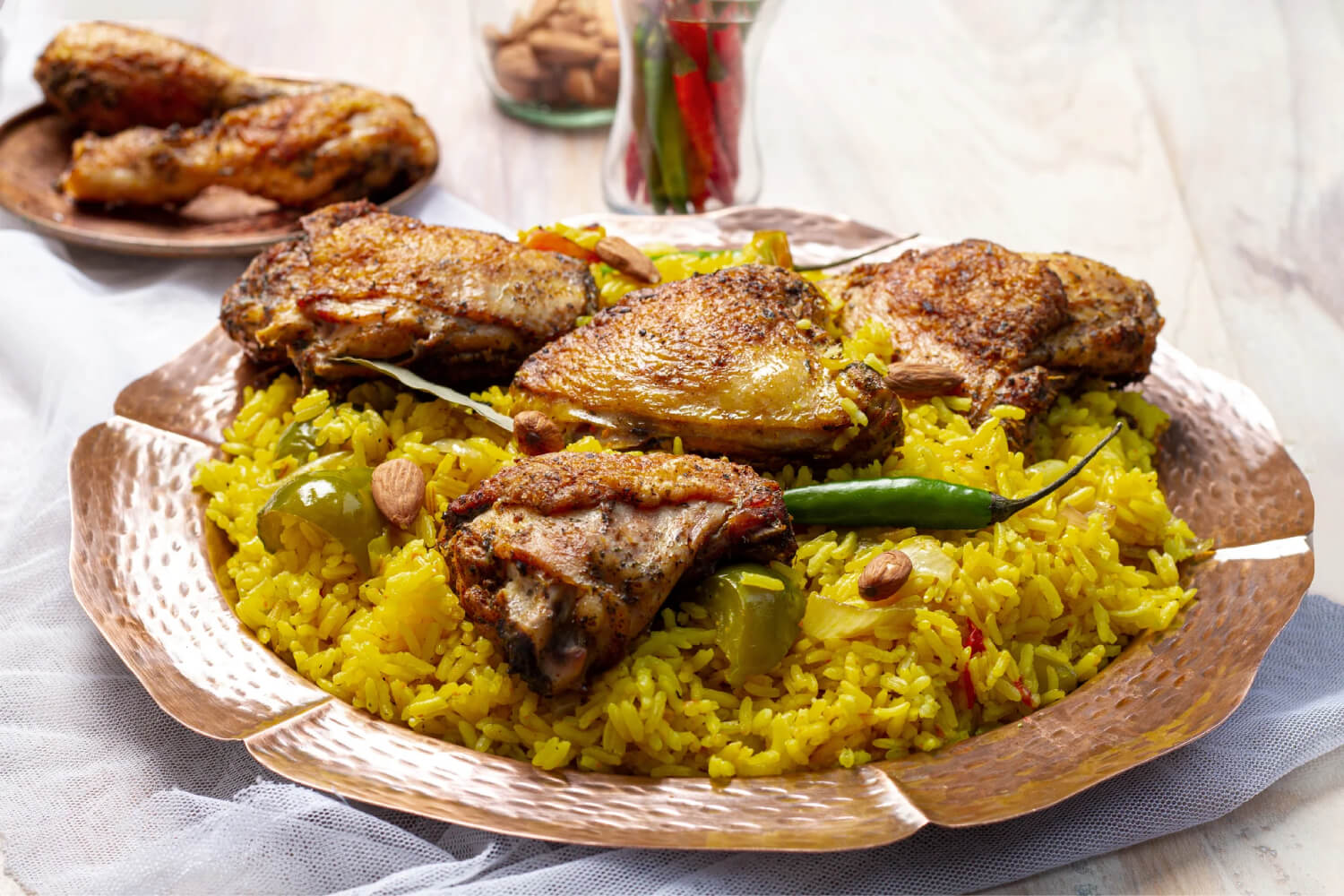
Makboos, sometimes referred to as Kabsa in neighboring countries, is a fragrant rice dish that embodies the essence of Oman’s culinary identity. This sumptuous meal is prepared by slow-cooking meat—typically chicken, lamb, or beef—with a blend of aromatic spices, including saffron, turmeric, cardamom, and cloves. The rice is infused with these spices and cooked to perfection, absorbing the rich flavors of the meat and broth.
One of the defining features of Makboos is the balance between heat and spice; the dish is subtly spiced rather than overwhelmingly hot, ensuring that every bite is both flavorful and comforting. The use of dried limes (loomi) provides a tangy accent that sets it apart from similar dishes found in the region. In many Omani households, Makboos is considered a must-have for festive occasions and communal gatherings—a true reflection of Traditional Omani Cuisine that brings family and friends together.
The history of Makboos is interwoven with Oman’s maritime traditions, where seafarers and traders would share this dish during long voyages, creating a bond that transcends cultural boundaries. Today, Makboos remains a symbol of the nation’s gastronomic legacy and is often regarded as one of the most representative dishes of Oman food culture.
Shuwa
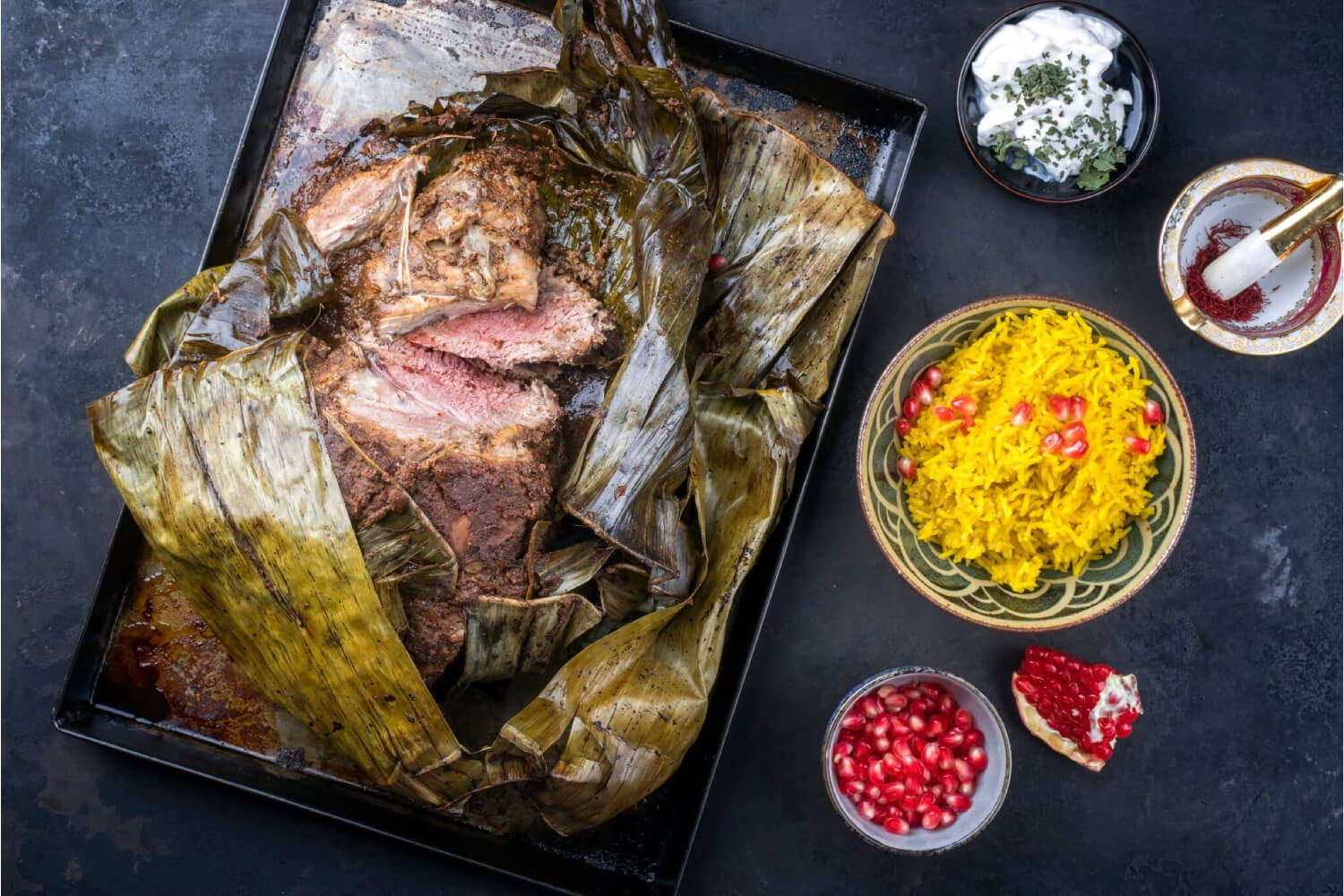
Shuwa is perhaps one of the most celebrated dishes in Oman, renowned not only for its exquisite taste but also for the intricate method of preparation that has been perfected over generations. Traditionally, Shuwa is prepared during special occasions and festivals, most notably Eid, where its slow-cooked, tender meat is the centerpiece of lavish feasts.
The process of preparing Shuwa is as much a cultural ritual as it is a culinary technique. Meat—usually lamb or goat—is marinated in a mixture of spices that includes garlic, cumin, coriander, and sometimes a hint of rose water. The marinated meat is then wrapped in banana leaves and buried in an underground sand oven, where it is left to cook slowly for up to 48 hours. This method not only ensures that the meat becomes incredibly tender but also allows the spices to infuse every fiber, creating a flavor profile that is deep, smoky, and unforgettable.
Shuwa is more than just a dish; it is a celebration of the communal spirit. Families and communities gather to prepare, cook, and enjoy this dish together, making it a symbol of unity and shared cultural heritage. Its status as a cornerstone of Traditional Food in Oman speaks to the ingenuity of ancient cooking methods and the enduring power of tradition in modern society.
Mishkak
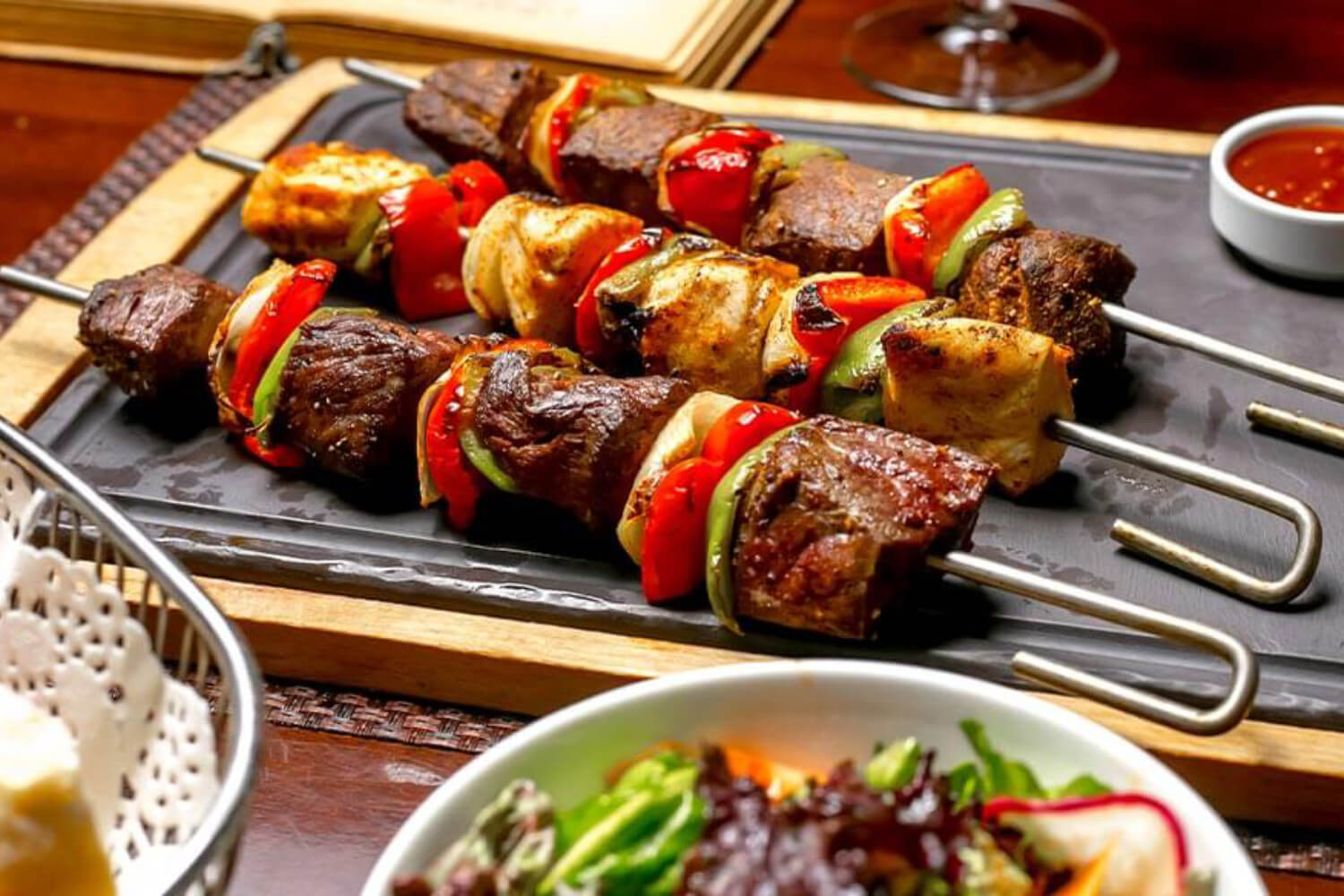
Mishkak is a traditional grilled meat dish that is synonymous with the outdoor feasts and gatherings commonly enjoyed in Oman. Typically prepared using marinated chunks of lamb, goat, or chicken, Mishkak is seasoned with a robust blend of local spices that include cumin, turmeric, and black pepper, resulting in a dish that is both smoky and savory.
The grilling process plays a crucial role in developing Mishkak’s signature flavor. Cooked over open flames or charcoal, the meat develops a delicious char while retaining its juicy, tender interior. This technique not only enhances the natural flavors of the meat but also infuses it with a subtle smoky aroma that is highly prized in Oman food culture.
Mishkak is often served with traditional accompaniments such as flatbreads and fresh salads, making it a complete meal that is both satisfying and nutritionally balanced. The dish’s simplicity and authenticity have made it a perennial favorite at family gatherings, celebrations, and even casual street food stalls. Its popularity is a testament to the timeless appeal of Traditional Omani Cuisine and the country’s rich culinary heritage.
Omani Bread
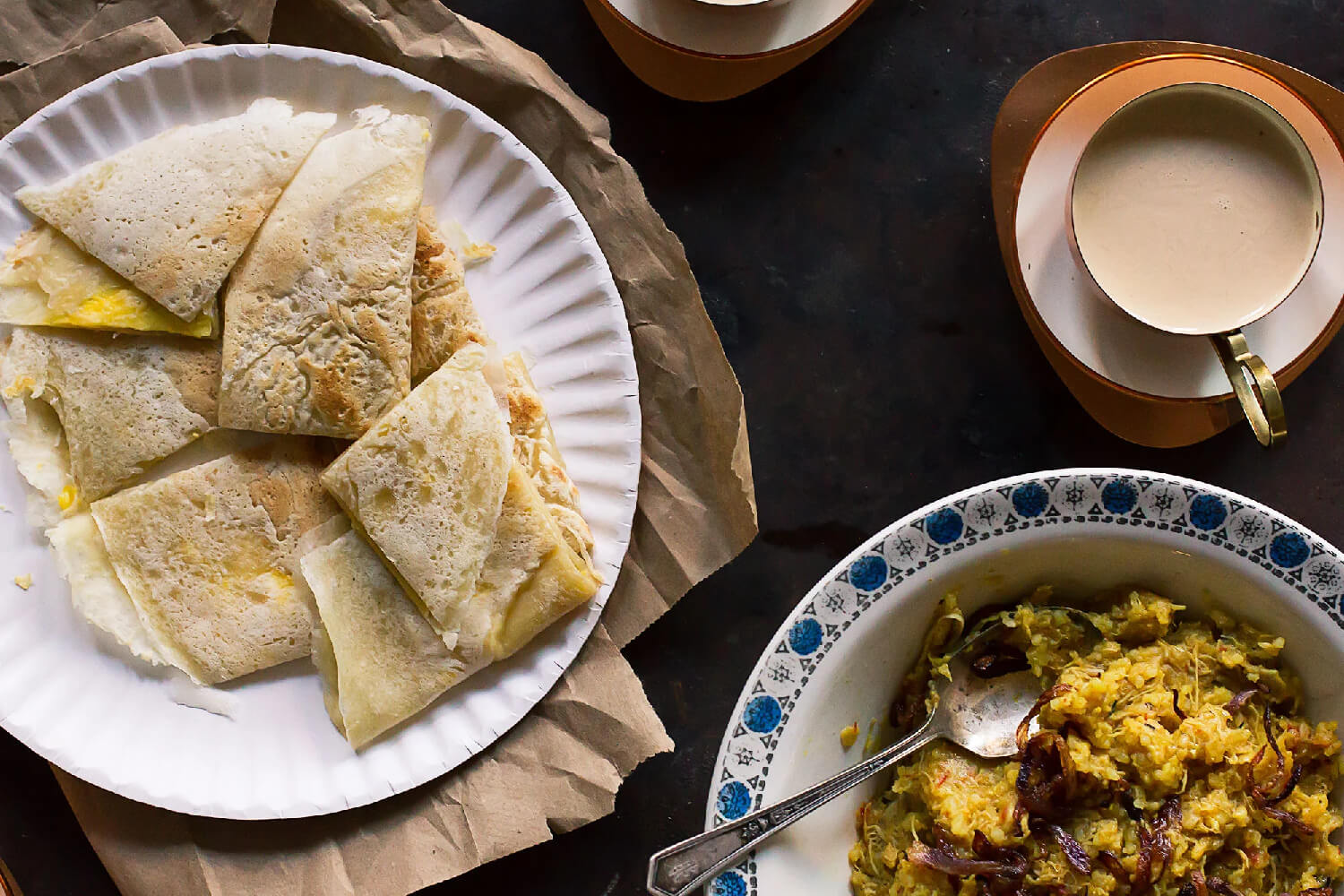
Omani Bread, often referred to as “khubz” in Arabic, this flatbread is an integral part of every meal, serving as both a utensil and a complement to the array of savory dishes.
Omani Bread is traditionally baked in clay ovens, which impart a unique, smoky flavor to the bread while ensuring a perfectly crisp exterior and a soft, chewy interior. The recipe for this bread is deceptively simple, relying on basic ingredients such as flour, water, yeast, and salt. However, the magic lies in the technique—kneading, resting, and baking each loaf to achieve the ideal texture and taste.
The cultural significance of Omani Bread extends beyond its culinary appeal. In Oman, bread is often seen as a symbol of hospitality and generosity, with guests being offered fresh, warm bread as a sign of welcome. Its presence on the dining table is a reminder of the country’s deep-rooted traditions and the central role that food plays in building and sustaining community bonds. For travelers seeking to immerse themselves in Oman food culture, sampling authentic Omani Bread is an essential experience.
Mashuai
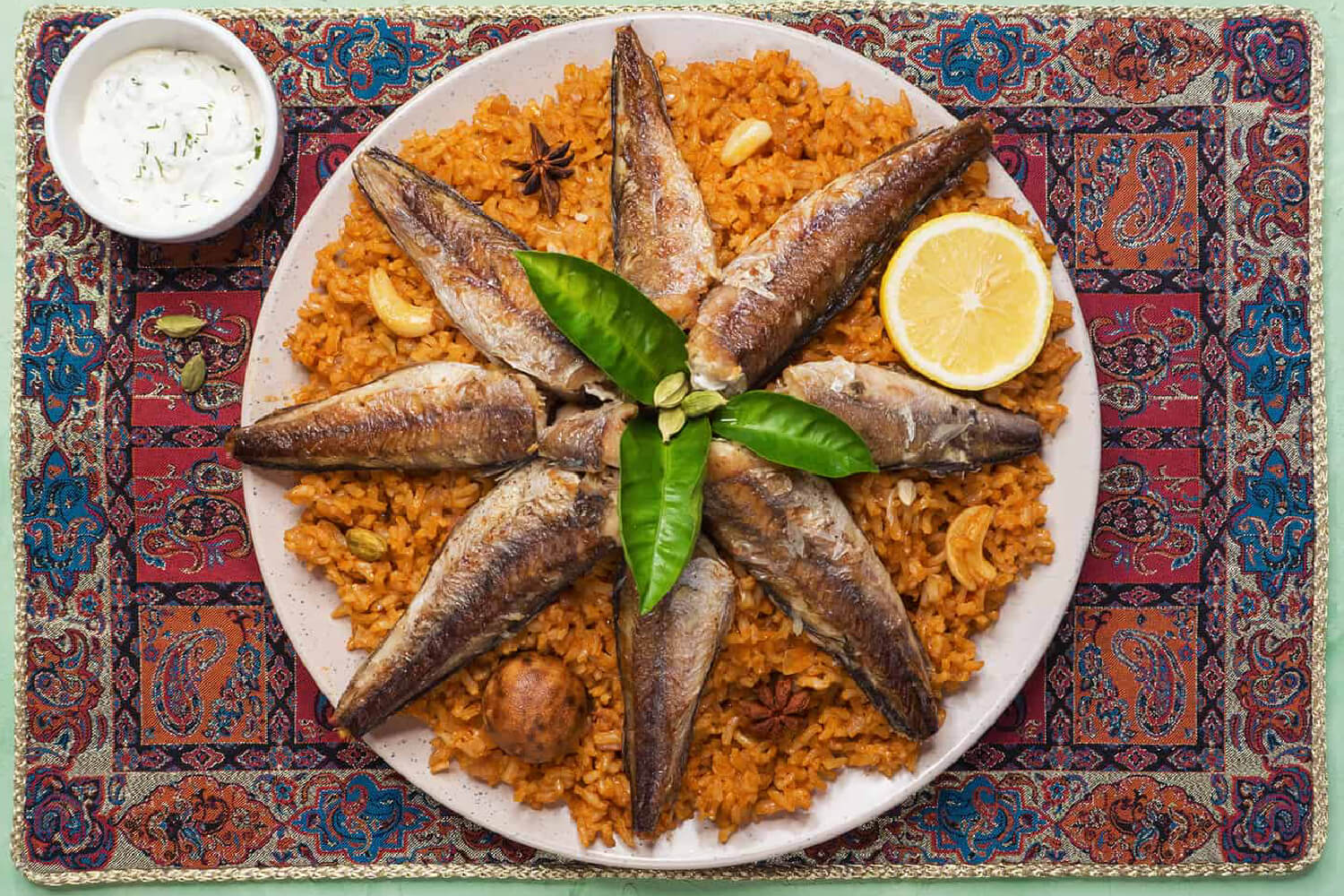
Mashuai is another signature dish that highlights the diverse culinary influences that have shaped Oman’s gastronomic landscape. This dish features a delicate balance of flavors, with grilled or roasted fish served alongside a bed of spiced rice and a tangy, citrus-based sauce. Typically made with kingfish or hammour (a local type of grouper), Mashuai is celebrated for its freshness and the natural taste of the sea.
The preparation of Mashuai is a true reflection of Oman’s coastal heritage. Fishermen and coastal communities have long relied on the bounties of the Arabian Sea, and over time, these ingredients have been transformed into dishes that celebrate the ocean’s richness. The fish is often marinated with a mixture of lemon juice, garlic, and a medley of spices before being grilled to perfection, locking in moisture and flavor.
Served with a side of aromatic rice and sometimes accompanied by a light salad, Mashuai is not only a feast for the senses but also a window into the culinary practices of Oman’s coastal regions. The dish’s popularity has steadily grown, earning its place among the top choices for anyone eager to sample Traditional Omani Cuisine in its most authentic form.
Qabooli
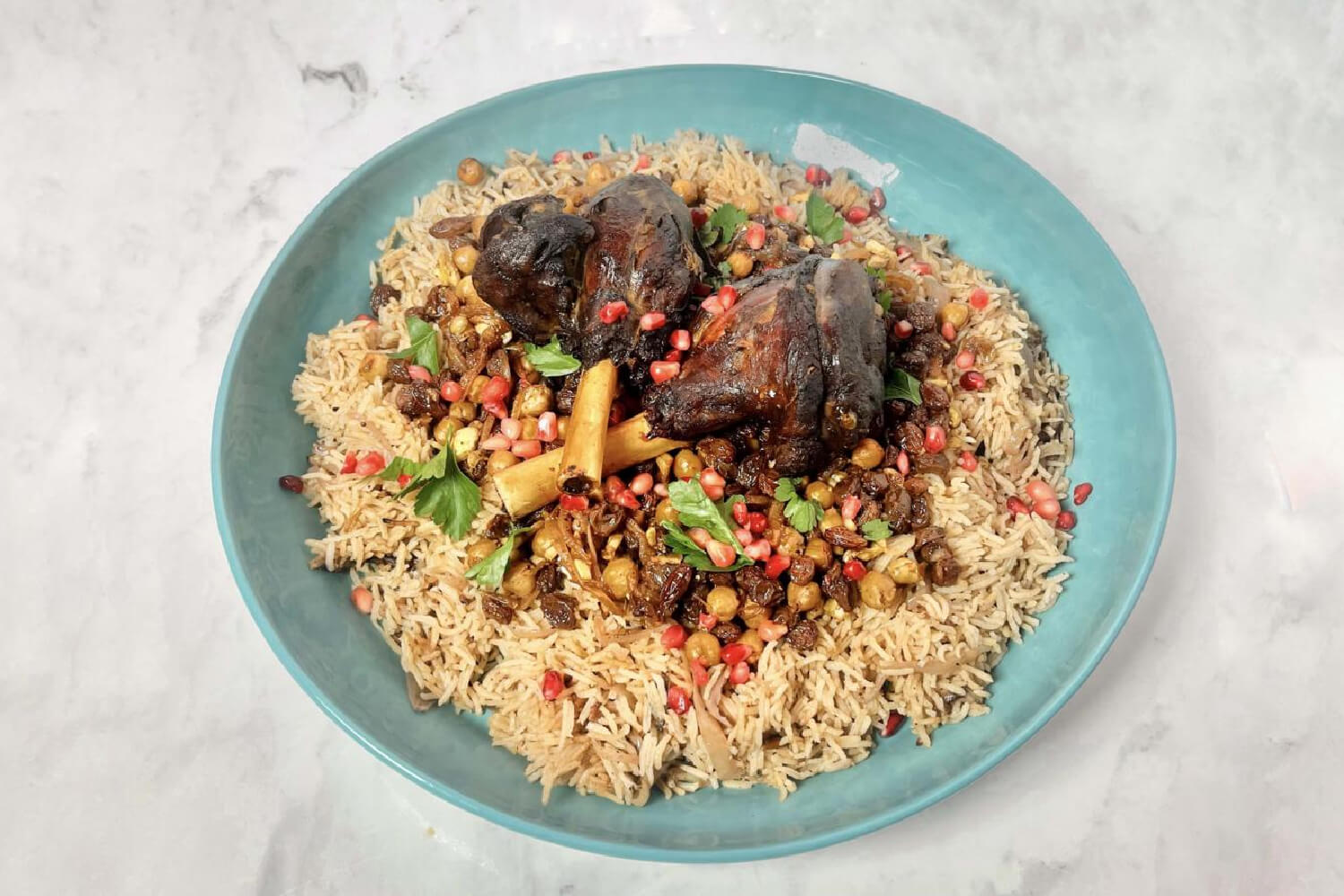
Qabooli, a hearty and flavorful dish, is a lesser-known gem within the realm of Oman’s traditional fare. Comprising a delicious combination of slow-cooked meat, legumes, and spices, Qabooli represents the ingenuity of Omani cooks in creating dishes that are both nutritious and deeply satisfying. The dish typically features lamb or beef, simmered with lentils or chickpeas, and enriched with a blend of cumin, coriander, and turmeric.
What sets Qabooli apart is its rustic simplicity. The slow-cooking process allows the flavors to meld over time, resulting in a stew that is rich in taste and tradition. Often enjoyed during cooler evenings or as a comforting meal after a day of travel, Qabooli embodies the spirit of home-cooked meals that have been a cornerstone of Oman food culture for generations.
For many families, this dish is more than just nourishment—it is a culinary heirloom, passed down from one generation to the next, each adding subtle nuances to the original recipe. The enduring popularity of Qabooli underscores the timeless appeal of Traditional Food in Oman and the importance of preserving these recipes as part of the nation’s cultural heritage.
Halwa
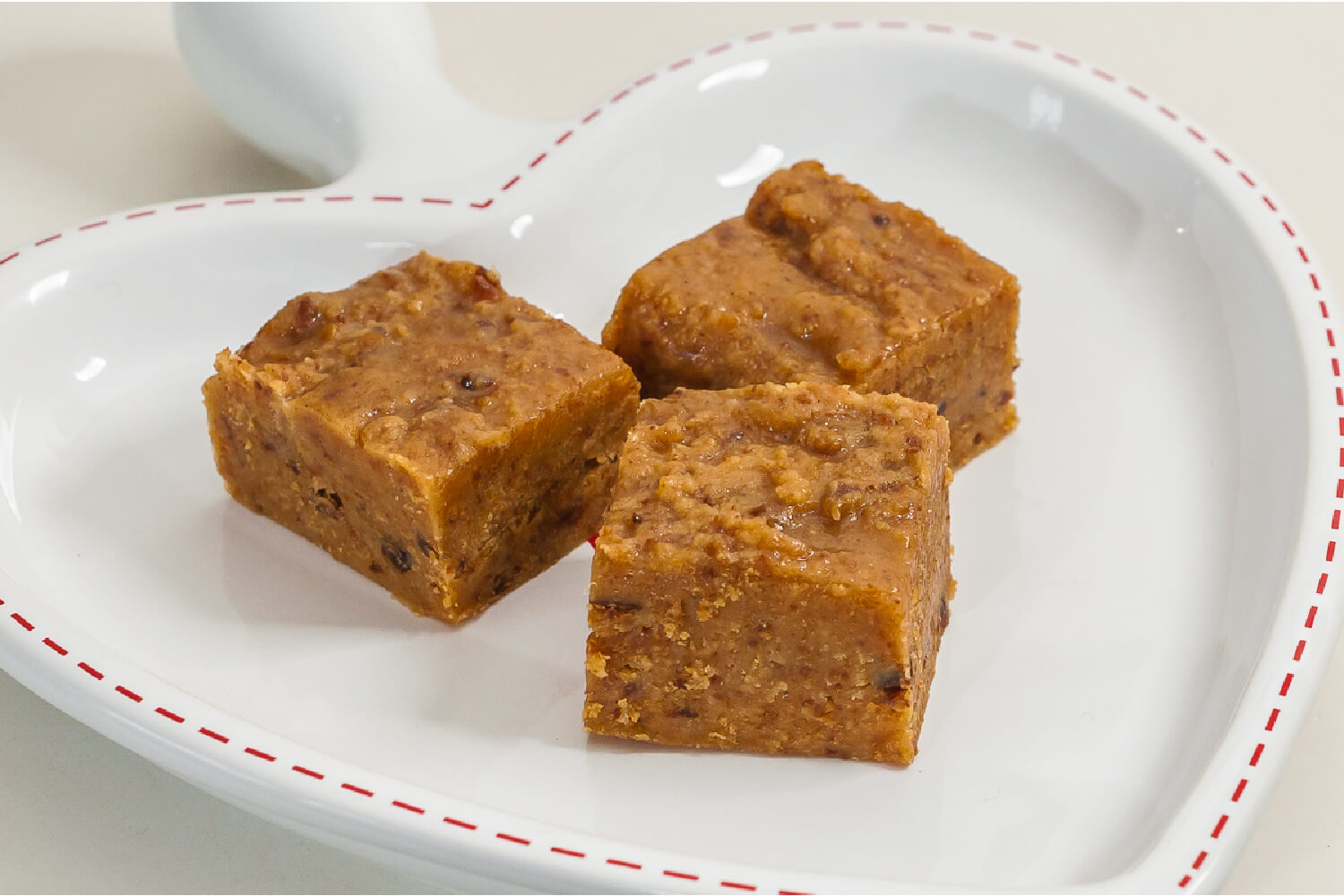
Halwa—a sweet, gelatinous dessert that holds a place of honor in the hearts of locals and visitors alike. Often served at special occasions, weddings, and during festive celebrations, Halwa is a unique confection that perfectly encapsulates the sweetness and warmth of Omani hospitality.
The process of making Halwa is an art form in itself. A rich blend of sugar, honey, and ghee is combined with a variety of ingredients such as saffron, cardamom, rosewater, and sometimes nuts like almonds or pistachios. The mixture is meticulously stirred over low heat for hours until it reaches the perfect consistency—a sticky, indulgent treat that melts in your mouth. The resulting dessert is not overly sweet but has a complex flavor profile that combines floral, spicy, and nutty notes.
Beyond its delightful taste, Halwa is deeply symbolic in Omani culture. It represents prosperity, celebration, and the sweetness of life. Often shared among guests as a token of goodwill, Halwa is a testament to the nation’s emphasis on generosity and the celebration of life’s simple pleasures. Its revered status in Traditional Omani Cuisine makes it an absolute must-try for anyone exploring the culinary traditions of Oman.
Karak Tea
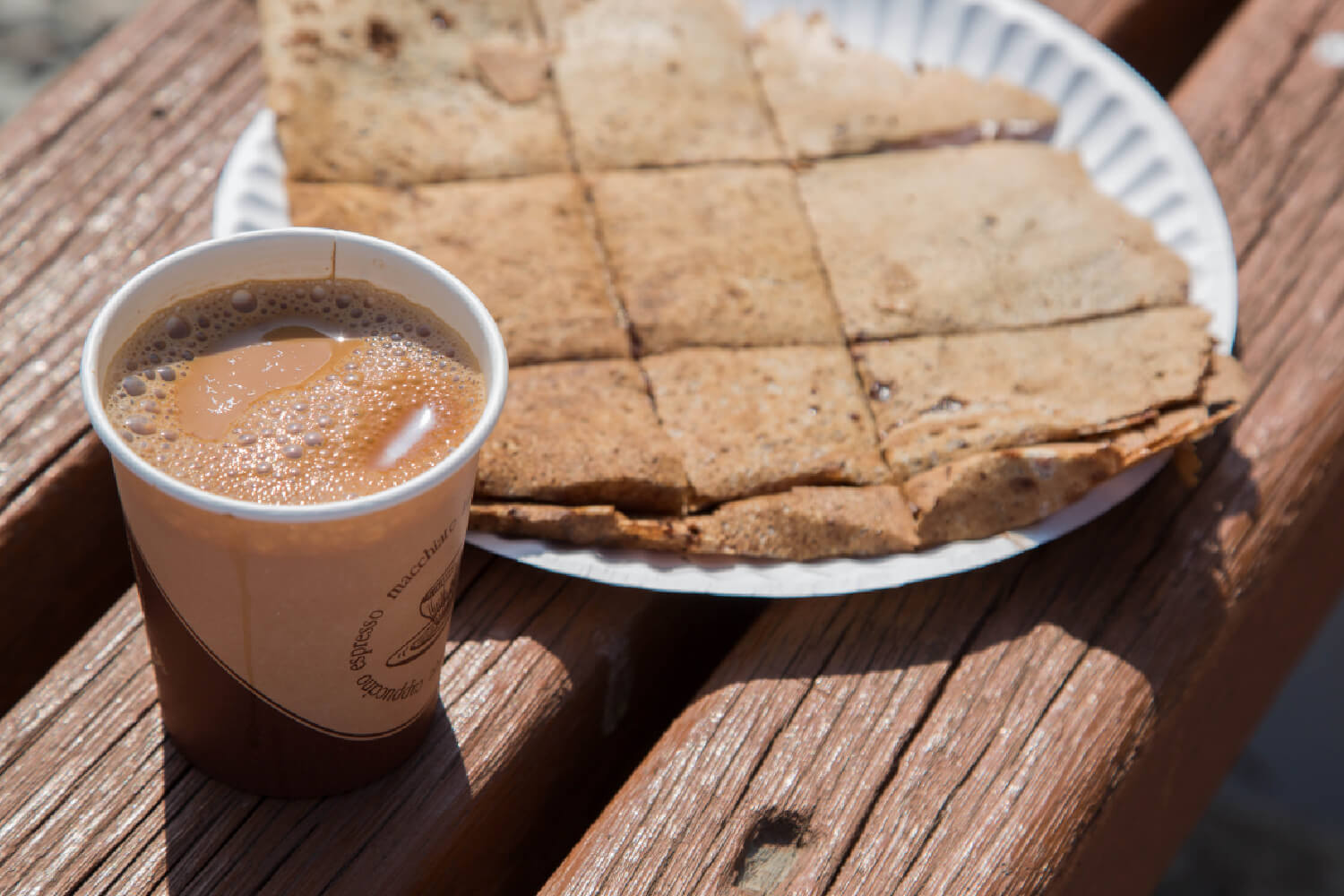
Rounding off the culinary journey is Karak Tea, a spiced milk tea that has become synonymous with everyday life in Oman. With origins that trace back to the Indian subcontinent, Karak Tea has been embraced wholeheartedly by Omanis, evolving into a beverage that is as rich in flavor as it is in cultural significance.
Karak Tea is prepared by simmering strong black tea with milk, sugar, and an assortment of spices such as cardamom and saffron. The result is a velvety, aromatic brew that is both invigorating and soothing—a perfect accompaniment to any meal or a comforting drink on a cool evening. Often served in small, ornate glasses, Karak Tea is enjoyed in homes, cafes, and even roadside stalls, reflecting its status as a beloved part of Oman food culture.
The ritual of brewing and sharing Karak Tea is deeply ingrained in daily life in Oman. It is more than just a drink—it is an experience, a moment of pause in a busy day, and a bridge that connects generations through shared tradition. For visitors, sampling Karak Tea provides an intimate glimpse into the heart of Omani hospitality and the art of savoring life’s simple pleasures.

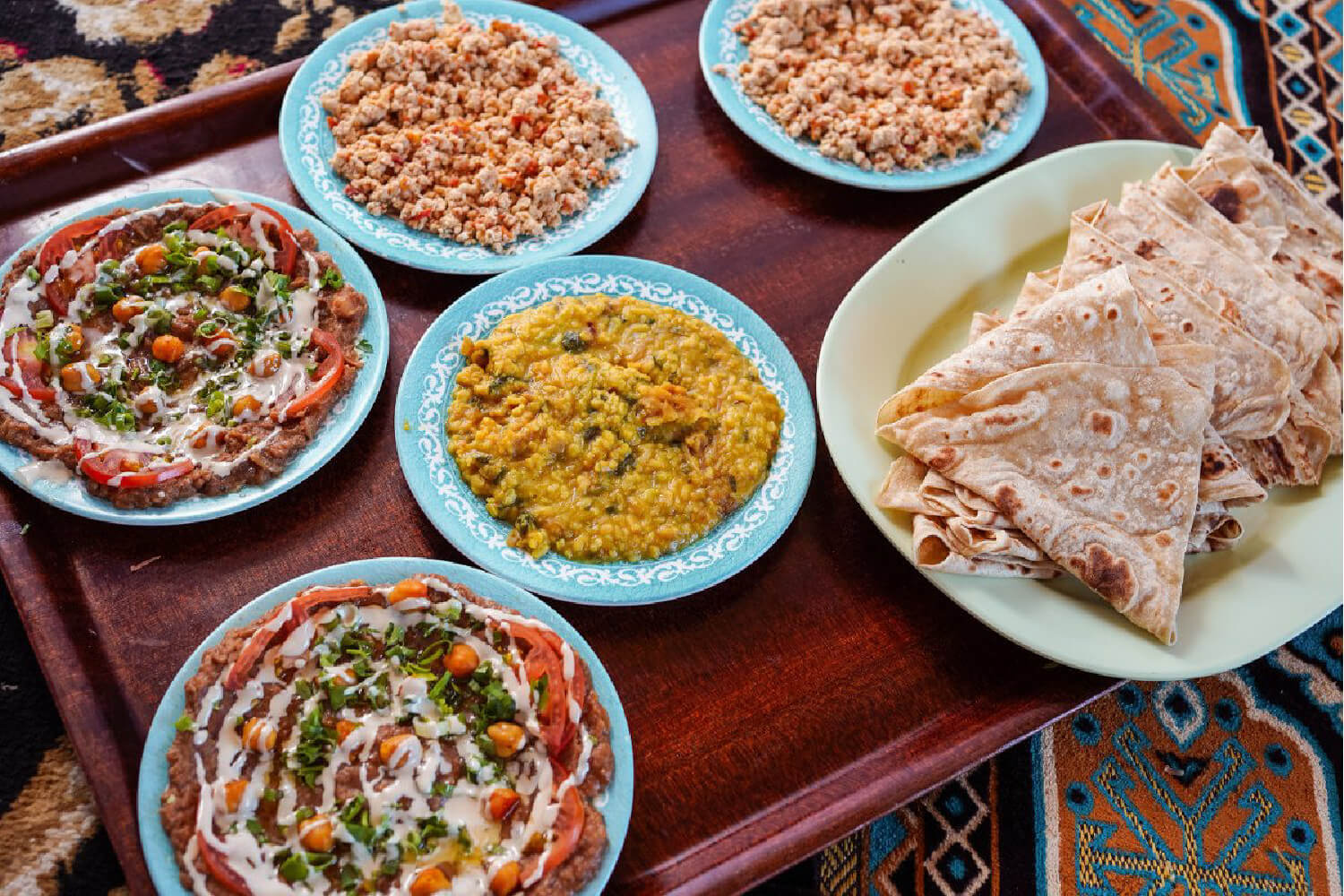
0 Comment